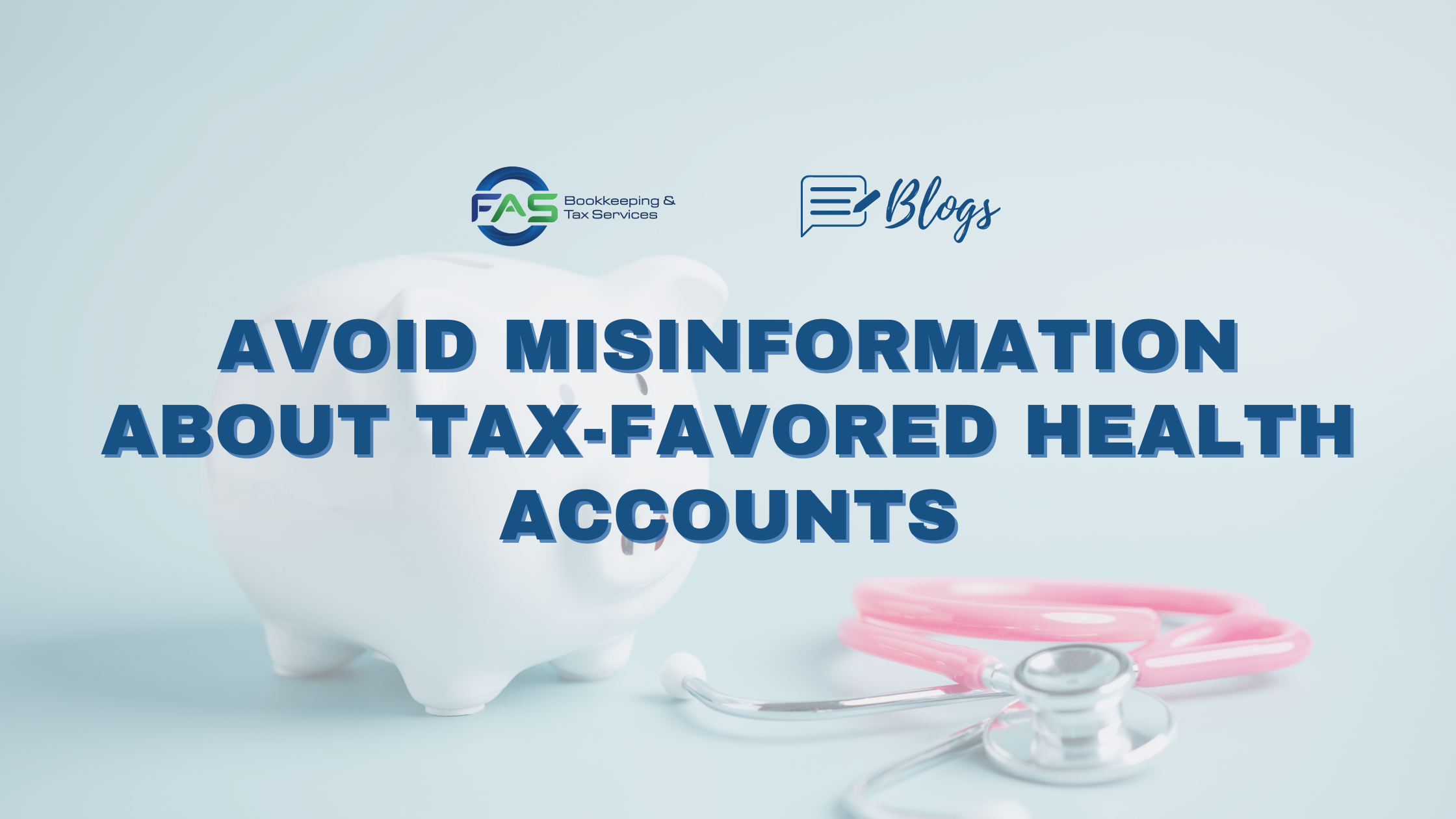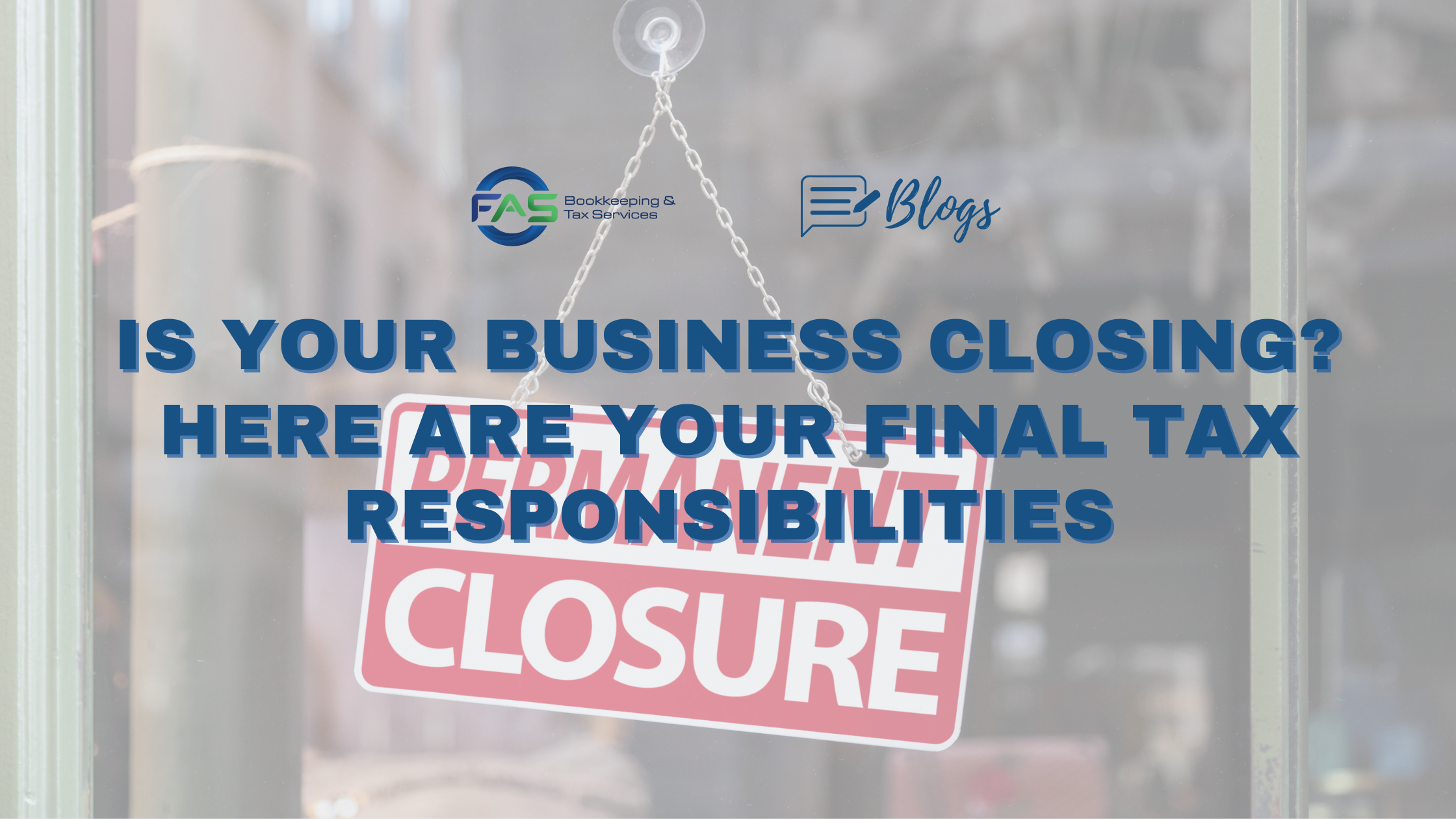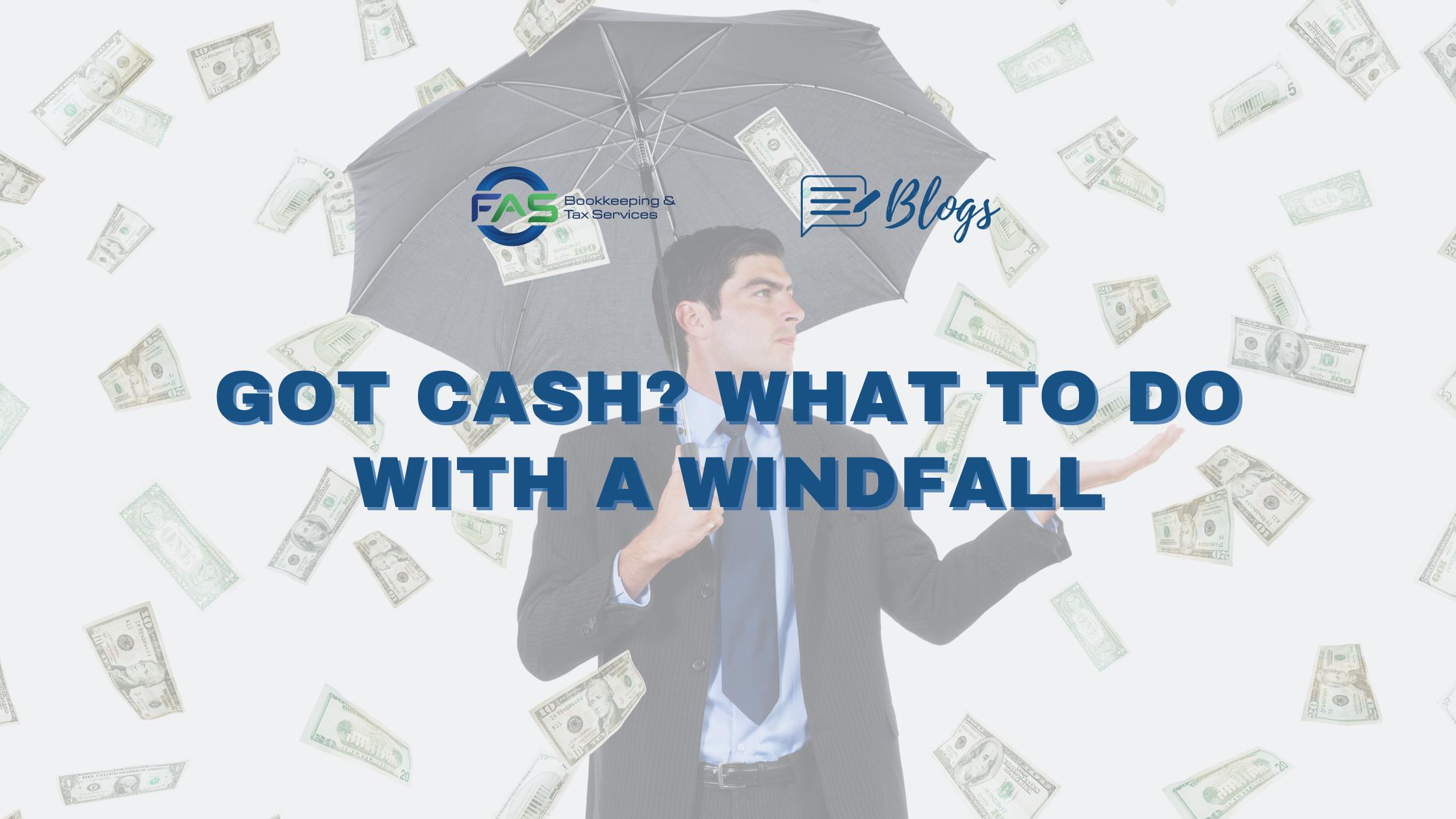Got Cash? What to do with a Windfall
A cash windfall is any sum of money that exceeds your regular income that you did not expect to receive. Most people would consider it any amount over $1,000 – and quite often, the amount of money is much higher. You may have received a bonus at work, an inheritance, a legal settlement, a profit from the sale of a property or business, or won the lottery, for example.
The first thing to remember is that it is never a good idea to rush into anything, such as taking that dream safari trip or purchasing an expensive sports car or diamond jewelry. There are also tax implications, so speaking with a tax and accounting professional is essential. Depending on your specific financial situation and how you handle your windfall, you may owe a significant amount of taxes – or no tax at all.
Investing in a volatile stock market is dangerous. Furthermore, with the current inflation rate hovering around 9% and the national savings account interest rate averaging 0.11 percent (BankRate.com), keeping money in a cash savings account means losing money. With this in mind, if you’ve recently received a cash windfall, consider the following three options:
-
Get Your Personal Finances in Order
If your personal finances are out of order, now is the time to use your cash windfall to create an emergency fund, pay off high interest and credit card debt, and pay off a mortgage or put down payment on a home or investment property (after due diligence, of course). While none of these activities are as enjoyable as taking a luxurious vacation, they will pay off in the long run.
Once your financial situation is stable, set aside 10% of any remaining funds for something “fun.” Consider one of the next two options if you have money left over after that – or if you already have your financial house in order.
-
Invest your cash in Tax-Efficient Investment Accounts
401(k) retirement plans, 529 education savings plans, health savings accounts (HSAs), and IRAs are all examples of tax-advantaged investment accounts. Investing in these accounts may lower your tax bill now, but keep in mind that if you need the money right away, you may have to pay penalties and taxes.
Your financial situation will determine which tax-efficient investment accounts you contribute to. You can no longer contribute to a 401(k) if you are retired, but if you have grandchildren, you can contribute to a 529 education plan. If you are still working and your employer offers a high-deductible health plan, consider increasing your 401(k) contributions and contributing to an HSA to help pay for healthcare-related expenses you may incur now or in the future.
-
Buy Treasury I-Bonds
The United States Treasury issues I-Bonds, which are savings bonds. Every six months, in May and November, the interest rate is adjusted. I-Bonds purchased through November 2022 currently pay 9.62 percent per year for the first six months they are held. In November, the interest rate will be adjusted to account for inflation.
Individuals buy I-Bonds through Treasury Direct. There is a yearly limit of $10,000 per person (each spouse can spend $10,000 for a total of $20,000). The minimum age to buy these bonds is 24, but parents can give them to their children (age 18 and under).
I-Bonds must be held for at least one year before being redeemed; if redeemed before five years, three months of interest is forfeited. Interest income is exempt from state and local taxes, but it is subject to federal taxation unless used to pay for qualified education expenses.
Only a Phone Call Away from Help
If you’ve received a large sum of money, take a deep breath, don’t make any hasty decisions, and carefully consider your next steps. If you need help managing your cash windfall, please contact the office to schedule a consultation. You’ll be happy you did.





